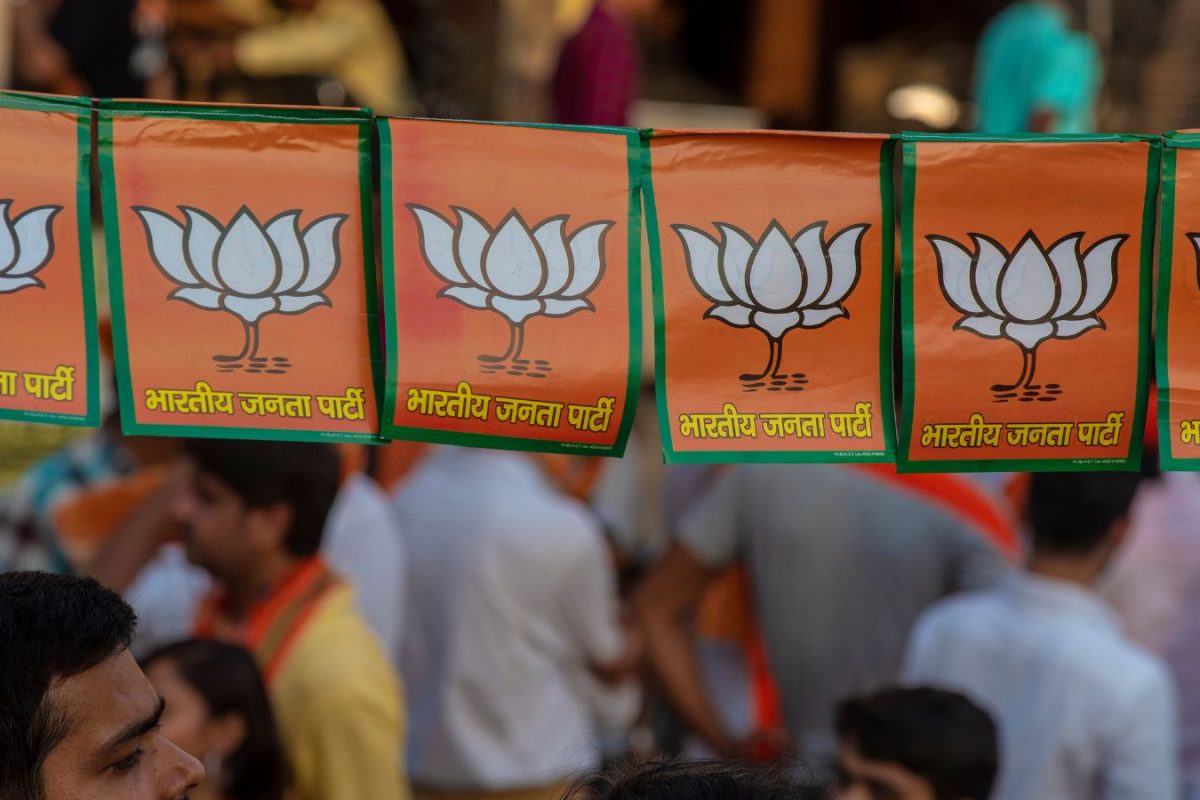

In Uttar Pradesh, the political landscape is witnessing renewed activity as the Brahmin community steps up to assert its interests. The community is seeking the establishment of a commission and a welfare board, signaling a strategic move as the Bharatiya Janata Party (BJP) aims to rebuild its caste base in the state.
Brahmins, who constitute a significant portion of the electorate, approximately 10-12%, are considered influential voters, particularly in the Awadh and eastern regions of Uttar Pradesh. Historically, they have played a vital role in shaping the state's political dynamics, with the first Chief Minister of Uttar Pradesh, Govind Ballabh Pant, being a Brahmin. However, over time, their political allegiance has shifted, and they are now seen as voters willing to switch sides.
Recently, the Rashtriya Lok Dal (RLD), a BJP ally in Uttar Pradesh, has voiced the need for a Brahmin welfare board in the state. Anupam Mishra, the RLD National Secretary, emphasized the importance of targeted support for the economically weaker sections within the Brahmin community, including initiatives in education, healthcare, employment, and social empowerment. He also criticized certain elements for allegedly targeting the community and suggested a comprehensive survey to evaluate the socio-economic conditions of Brahmins to inform policy decisions. Mishra highlighted that states like Rajasthan, Madhya Pradesh, Uttarakhand, Gujarat, Telangana and Andhra Pradesh have already established similar boards or commissions. These boards actively implement schemes aimed at improving the socio-economic conditions of the Brahmin community, such as scholarships, self-employment assistance, coaching support, and housing, alongside honorariums for temple priests and Vedic scholars.
Several political parties have been actively courting the Brahmin vote bank in Uttar Pradesh, recognizing their potential to influence election outcomes. The Bahujan Samaj Party (BSP) initiated 'Brahmin Sammelans' to woo Brahmin voters, while the Samajwadi Party (SP) has also organized district-level Brahmin conclaves. The BJP, which has historically enjoyed substantial support from upper castes, including Brahmins, is now working to maintain and strengthen this base. The BJP is trying to identify a candidate who can rebuild its support among key caste groups. In March 2025, the BJP appointed 70 district chiefs in Uttar Pradesh, with a focus on OBCs and Brahmins. Of these appointees, 39 belong to the general category, 25 are from Other Backward Classes (OBCs), and six are from Scheduled Caste communities. Among the general category district presidents, 19 are Brahmins and 10 are Thakurs.
However, there have been reports of discontent within the Brahmin community towards the BJP. Some Brahmins feel that the current government has not adequately supported Brahmin leaders and has instead favored leaders from other castes. The Samajwadi Party has been attempting to capitalize on this sentiment, highlighting instances of alleged bias against Brahmins and raising concerns about representation in government positions. Akhilesh Yadav has accused the Yogi Adityanath government of favoring Thakurs, the community to which the Chief Minister belongs, particularly in police postings.
Looking ahead to the 2027 Uttar Pradesh Assembly elections, the BJP is focused on social arithmetic and caste equations in its strategies. The party aims to consolidate its traditional Hindutva appeal with targeted caste mobilization, ensuring that welfare-oriented governance reaches economically disadvantaged groups across various communities. By focusing on inclusive development and addressing the specific needs of different caste groups, the BJP seeks to regain any lost ground and reinforce its position in Uttar Pradesh's complex socio-political landscape.